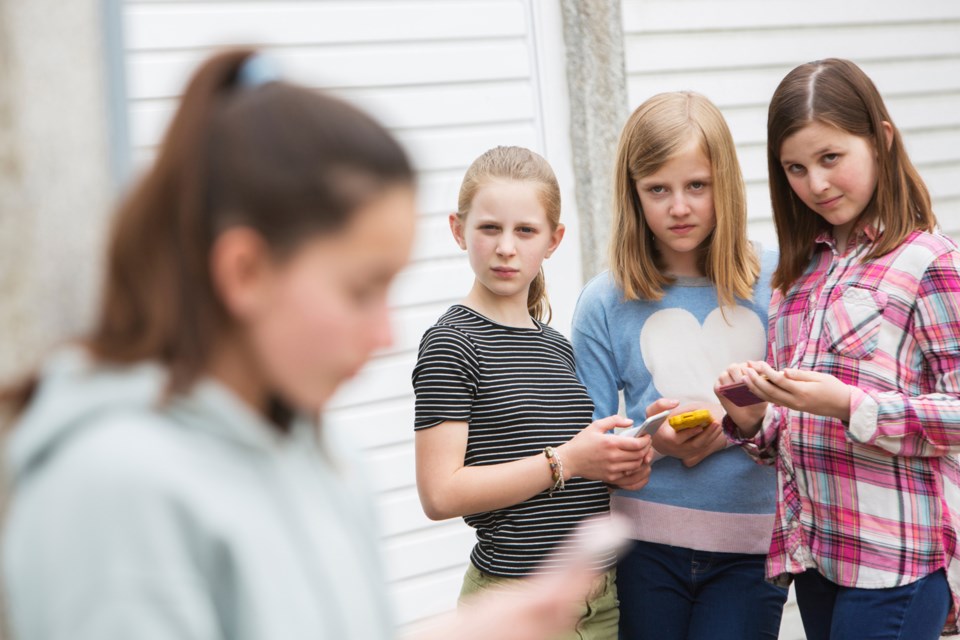It’s been an internal struggle for me for almost two years now. Since my oldest daughter was nine years old, she has been asking me for her own Instagram account, and as more and more of her friends have been granted access to the social media “must-have," she has become increasingly desperate to give it a go as well.
For me, it hasn’t been so much about her age - at least not entirely. There are of course the Terms of Use set out by Instagram itself, stating that “Instagram requires everyone to be at least 13 years old before they can create an account” - but this age restriction is mostly the company’s way of publicly complying with the Children’s Online Privacy Protection Act (COPPA), which is designed to protect minors’ personal information, making it legal for Instagram to work with advertisers.
My daughter is very mature and responsible for her age. I don’t doubt that she would post with discretion, sharing innocent photos of her favourite things, liking photos shared by her friends, and erring on the side of caution if new follow requests were to land in her inbox.
The thing is, I’ve been active on Instagram for nearly seven years now, and while there are many things that I like about the social media platform (the beautiful imagery, the benefits for businesses, connecting with real-life friends, and making new ones online), there are also facets of the Facebook-owned space that have me feeling hesitant when it comes to letting her navigate the space on her own.
The content on Instagram is primarily posted by people who believe that they are sharing their photos with a mature audience. According to a survey conducted by Statista, 61% of the users on Instagram are between the ages of 18 and 34, with only 7% noted as being between the ages of 13 and 17.
While it’s possible to set your account’s settings to private, this does not limit the user to what they see posted by other people. One tap on the search icon, and the user is exposed to a public space of photos and videos that are not restricted by age. I wouldn’t let my child loose in an adults-only party that has no rules or restrictions in place, and I view this space in a similar way.
At an age where children are still trying to figure out who they are and how they fit into society, a platform like Instagram can be emotionally draining. While at first it may seem like a fun photo-sharing space, users can quickly become affixed to how many likes and follows they’ve acquired. As their photo feed fills with perfectly posed imagery and inflated engagement numbers, their self-confidence can drop. This causes many to post for likes instead of liking what they post. I’ve seen this happen to tweens, and even to the most confident adults.
I don’t judge those parents who have decided that Instagram is the right choice for their children, but when it comes to the implied immediacy of Instagram and similar social media platforms, I’m just not in a rush for my children to get started.
We’ve begun to discuss the do’s and don’ts of social media use, and when I feel that my daughter is ready to attend the party, we will enter the space together, side by side.
Bianca Bujan is a mom of three, writer, editor, and marketing consultant. Find her online at @bitsofbee.



